Renato Consorte
출생 : 1924-10-27, São Paulo, São Paulo, Brazil
사망 : 2009-01-26

Turco Salim
After being forced into a marriage and enduring a humiliating work routine in the hands of his father-in-law, Zé Araújo becomes the mythical Ojuara, an unconventional hero devoted to debauchery.

Capilé

Minister
Cafundó is a 35 mm color film which blends fact with fiction in the life of João de Camargo, a former black slave (1858-1942, Sorocaba, Brazil) who, in his old age, works miracles and devotes himself to assisting others in order to attain his freedom. João de Camargo represents the genesis of religious and cultural syncretism in Brazil.

In 1850 the Italian dancer Maria Baderna arrives at Brazil, her fame and the scandals she provokes turns her name in a common expression. The film uses passages supposed to be about her to criticize modern Brazil, the dictatorship period and also a homage to filmmakers like Rogério Sganzerla.

Homem no Velório
Couple prepare their "great voyage" in all details, not forgetting the flowers, music and luggage.

Morador irritado
On a Saturday morning, an advertising crew arrives at a decadent old building downtown São Paulo to shoot a TV commercial. And then everything goes wrong, beginning with a broken elevator

Bispo
In the small town of Taperoá João Grilo and confusion Chicó live setting, addressing a sacristan and a humble baker. Everyone lives under the excesses of the bishop, the priest and the major. Until an attack on the city, all die at the hands of the bandit Severino and must stand trial in the sky, which puts everyone before God and the Virgin Mary.

João de Deus
Boy from a poor family loses his only asset: a colorless little horse that his imagination turns into a magical and colorful pretty stallion. To get his pet back, he leaves home and faces all dangers ahead with courage, getting involved in many adventures.
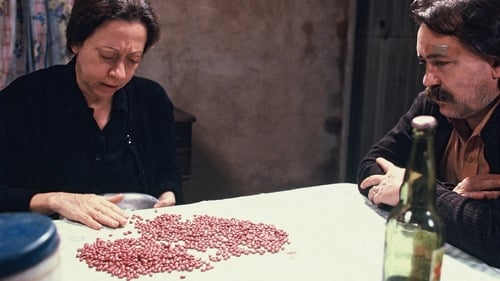
Alípio
Otavio is an idealistic union leader trying to organize workers at a factory to resist the company's exploitative practices. His son, Tião, one of the employees, is more of a realist and doesn't want to risk losing his job by striking. This clash of perspectives puts the father and son at odds. Fortunately, Tião's mother, Romana, is on hand to act as a moderator between the two opinionated men.
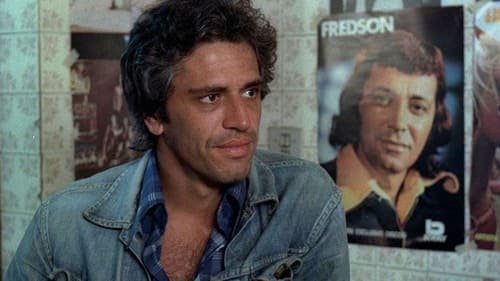
Manoel
Antônio Nunes is sentenced to 30 years in jail, after having killed a woman, and becomes known as ripper of women. Infatuated Tânia begins to visit him frequently and hires a lawyer to try to take him out.

Himself
An unusual look at 1978 Brasilia Film Festival and the politics that make certain films fashionable or not.

Gigi
Competing for the concession of a TV channel, one of the contenders throws an orgy to defeat the other candidate.
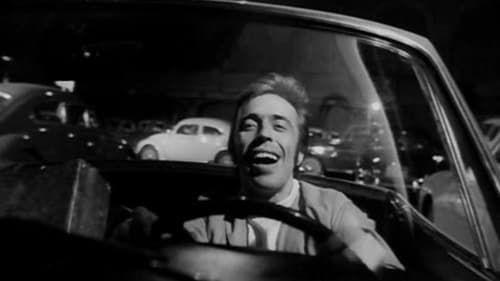
TV Presenter
Born and raised in the misery of Brazilian slums, Jorge becomes a luxury house burglar in São Paulo and gets nicknamed "The Red Light Bandit" by the sensationalist press. In addition to wearing a red flashlight, he talks to his hostages in an irreverent tone and makes bold breakthroughs to later spend the money extravagantly. His world is the decadent neighbourhood of Boca do Lixo.

The story of Antônio Francisco Lisboa, the famed Brazilian sculptor and architect born in the 17th century who became known as "Aleijadinho".

Pirata antigo
It tells the story of a girl being abducted by the evil pirate with a wooden leg.

A young woman obsessed with true crime overhears two men in a restaurant plotting a murder.

Lawyer
Manicurist finds out she's the daughter of a rich baroness, and inherits her fortune. Now, she'll have to fight her mother's parents, with help from some of her friends.

A small town is taken upside down when an inventor finds a way to turn bones into gold.

This comedy tells the confusion created by Dante Rossi, owner of a pizza restaurant in Braz, namesake of a powerful industrial São Paulo. This coincidence, arranged by good luck, enabled him to lie for many years, writing letters to his brother in Italy in which he said that he had "made America". His brother, delighted with so many wonders, decides to visit the fake millionaire. But Dante can borrow with other immigrants without fortune, but attached to the idea of appearing great life.
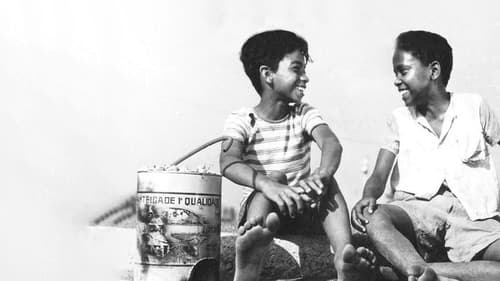
Banned by Brazil’s Federal Department of Public Safety, Rio, 40 Graus is a landmark film that ushered in the wave of Cinema Novo in Brazil. The film chronicles a day in the life of five peanut vendors from Rio de Janeiro's favelas. This was one of the first Brazilian films to address the issues of race, poverty, and class.

Eduardo wants to become a police reporter. To do so, he unravels a mysterious crime, but fails to get the editor of his newspaper to promote it. He is engaged to Suzy, who works at a nightclub. In charge of interviewing a famous actress, June, gets involved in several embarrassing situations that are created by Suzy and two other reporters, Harry and Steve, who follow June since her arrival in Brazil.

In Sao Paulo , young Sergio works in a bank in which her rich uncle is the president. Using his name to borrow money, Sergio takes a wasteful life frequenting nightclubs and dating the sophisticated starlet 's revues Margo. His uncle refuses to pay the loans and Sergio finds himself in difficulties that lead down a dark path.

Aquiles Taveira is a civil servant harassed by his own family's financial demands. Tired of it, he decides to fake an embezzlement at his work and runs away to the seaside resort of Guarujá, where he manages to live peacefully, for too short a time.

An employee of a glass factory suffers with his wife's contempt and starts to develop homicidal delusions about her. One night, he meets a singer which resembles his wife a lot and conjures up a plan.
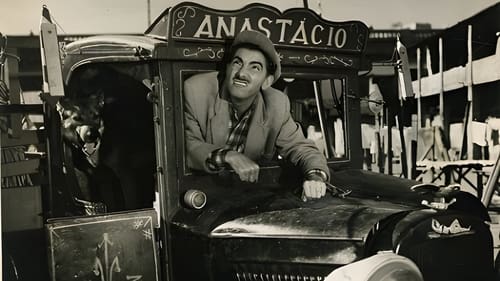
Isidoro Colepicula is a humble truck driver hired to transport some furniture from São Paulo to Santos, in his worn out truck he calls "Anastácio". Hiding among the pieces travels a bride who's trying to escape her own marriage. With his dog Coroné, he gets himself into many amusing situations, especially when the packed vehicle is left without brakes on a steep road, and he has to chase after it.

Barbeiro
Tico-Tico no Fubá is a 1952 Brazilian comedy film directed by Adolfo Celi and starring Anselmo Duarte. It was entered into the 1952 Cannes Film Festival. The film is a fictionalized biography of Brazilian composer Zequinha de Abreu (1880–1935), who penned the song "Tico-Tico no Fubá" that became an international hit in the 1940s.

The administrator of an abandoned coffee farm and inveterate gambler saves money to buy the property, even knowing of the loving connections between his wife and the boss.

A woman marries a gambler, thinking she could straighten him up, but he loses all their assets, even their own house, and tries to commit suicide. But one of the winners falls for his stepdaughter, and this could change the situation.






















